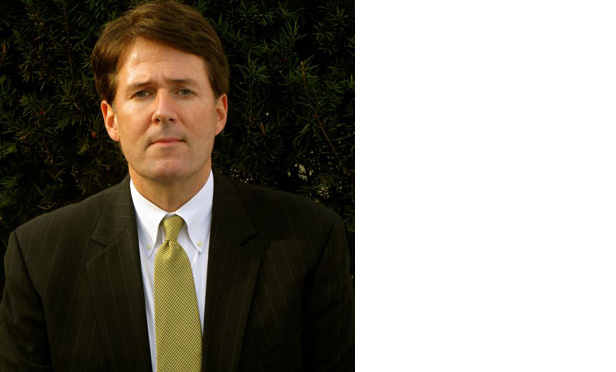It’s a somewhat rare event when a U.S. Supreme Court decision has a profound impact on the uses of technology. Decisions such as those in Sony Corp. of Am. v. Universal City Studios (the 1984 Betamax case ushering in the VCR era) and Metro-Goldwyn-Mayer Studios Inc. v. Grokster Ltd. (the 2005 peer-to-peer file-sharing case) don’t come along every day. However, the high court’s June 25 consolidated decision in two mobile data privacy cases, Riley v. California and U.S. v. Wurie, may become one of these decisions.
Although the court’s decision is limited to searches by governments—in this decision, holding that police generally must obtain a warrant before searching a mobile phone—the articulation of a new data privacy right could have far-reaching impact in the private sector as well, most notably for corporate “bring your own device” (aka BYOD) policies.
This content has been archived. It is available through our partners, LexisNexis® and Bloomberg Law.
To view this content, please continue to their sites.
Not a Lexis Subscriber?
Subscribe Now
Not a Bloomberg Law Subscriber?
Subscribe Now
LexisNexis® and Bloomberg Law are third party online distributors of the broad collection of current and archived versions of ALM's legal news publications. LexisNexis® and Bloomberg Law customers are able to access and use ALM's content, including content from the National Law Journal, The American Lawyer, Legaltech News, The New York Law Journal, and Corporate Counsel, as well as other sources of legal information.
For questions call 1-877-256-2472 or contact us at [email protected]



